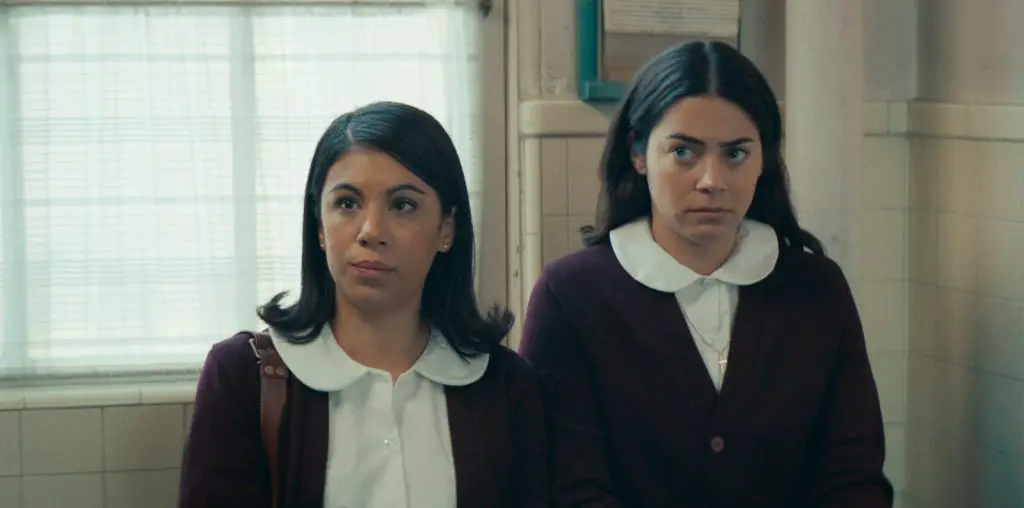
Filmmaker Jason (Ethan Kogan) is in mourning after the tragic death of his wife, and in an attempt to cope, has begun making daily video diaries. Not at one hundred percent, but interested in trying to get back into his life, Jason accepts what appears to be an innocuous job interviewing a local gardener (Donna Jo Thorndale). When the interviewee starts talking about what sounds like a religious cult, and then mentions information about Jason and his life, and the inevitability of their meeting, Jason becomes intrigued.
And that intense curiosity becomes obsession as Jason, with the help of friend and cameraman Pete (Jeffy Branion), does his best to track down the mysterious leader (Jarreth J. Merz) of the religious group, under the auspices of making a documentary. With each interview with former group members, conspiracy theorists, theologians and more, Jason’s life becomes that much more intertwined with his subject matter. Will he ever find the elusive group leader? Is said leader an angelic figure, as some have suggested, or just another cult mastermind who has brainwashed his fair share of gullible, desperate people? What does all this have to do with Jason?
Ethan Kogan and Jessica Silvetti’s Problem of Evil could fall apart as an overly-affected melodrama full of spiritual hokum and abused cinematic concepts (such as the ever-popular mockumentary), but it somehow sidesteps all of these pitfalls. For one, the film establishes its main dramatic narrative, the journey of Jason, early on before moving to focus on the different interviews, which serve to start conversation about the matters at hand more so than just serve the dramatic elements. In other words, the film manages to feel like an objective documentary that’s been wrapped in a believable narrative, for all the positives one could find in that, rather than some fake-feeling exercise from start to finish.
That’s not to say that things don’t eventually get somewhat hard to swallow; the ultimate resolution of the film is such that it will rub you the right or wrong way depending on what you’ve taken away from the experience up until that point. For me, however, I appreciate that the filmmakers decided to finally commit to their narrative in a way that gave a bit of closure to the audience. Sure, some ambiguity exists, but the film presents some challenging subject matter and then doesn’t shy away from addressing it completely. It’s a risk because, again, it could completely turn off some aspects of the audience, but it makes for a better overall film to commit to something.
The ultimate strength of Problem of Evil is how well it creates and sustains the feel of watching a real documentary. Sometimes you’re momentarily taken out of it by the overall narrative, and the beginning is a bit of a slow start, but once it hits its groove, it predominantly stays engaging. Conversations about God, fate, angels, demons and all the rest are done in a way that suggests the audience is welcome to go along with, or ignore, whatever elements they want to; the film has the narrative it wants to tell, but it’s not an adventure in religious propaganda. It’s an investigation, and it’s an interesting one, regardless of the final result.
This film was submitted for review through our Submission for Review system. If you have a film you’d like us to see, and we aren’t already looking into it on our own, you too can utilize this service.
